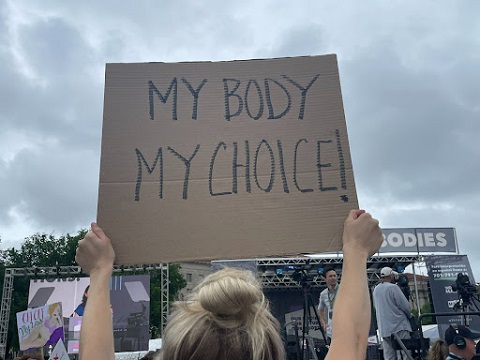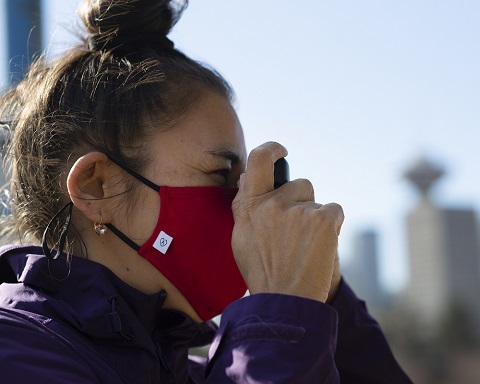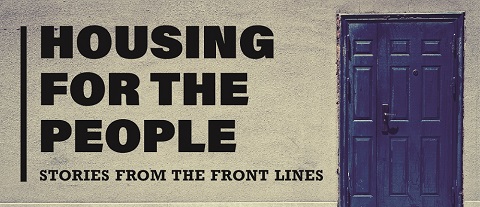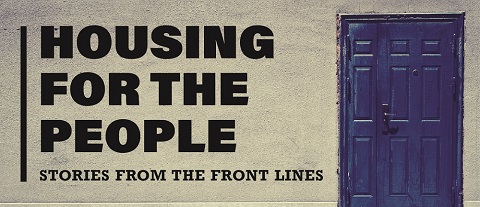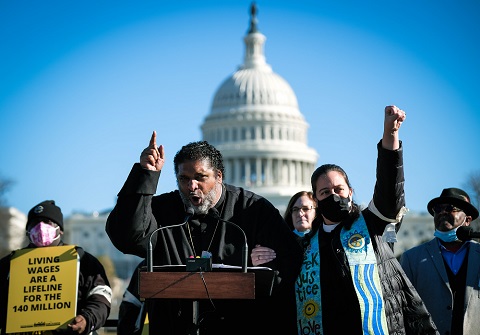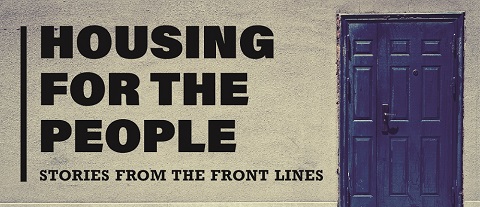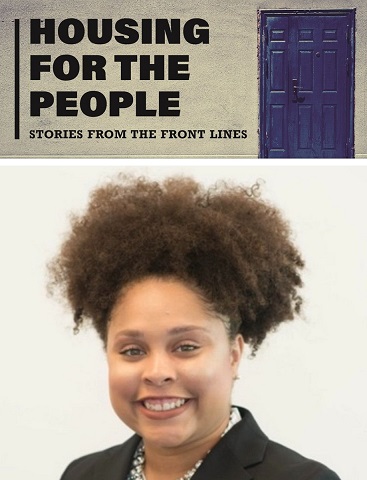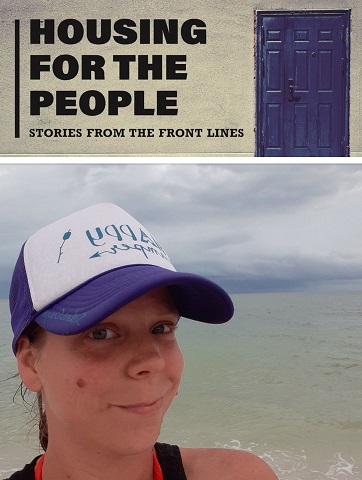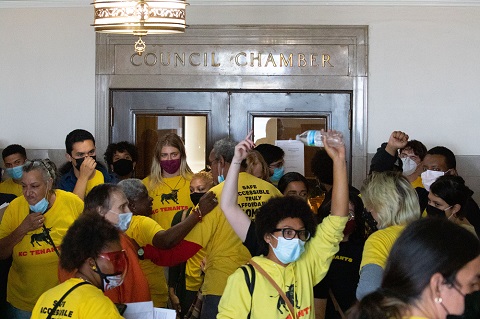By Brook Fadley
Like the air we breathe and the food we eat, housing is a basic human need.
But even before the pandemic hit, our housing system was already broken. We’ve seen over the last year that those most vulnerable, Black, Brown, Indigenous, immigrant families, and women-led households, have been impacted the worst. Now more than ever we see that we all need safe and stable places to call home. The government has a critical role in helping to achieve this by investing in housing infrastructure that safeguards against a public health crisis from happening in the future.
Right now, our housing system rarely protects those of us who are vulnerable from losing our homes. In Oakland, California, Rita, a mom with two young children, lost her family home due to back taxes she was no longer able to pay. She and her kids were homeless for two years. In Detroit, Michigan, Donna almost lost her housing due to an administrative mistake that she had to prove in order to keep her housing. Tahira needed her home repaired—it took eight years for her to get her roof replaced but her home is structurally damaged and unsafe due to mold and interior damages. I was living in Cleveland, Ohio when my children and I were made homeless by an unjust eviction, resulting in an entire semester struggling to care for my kids while trying to attain my bachelor’s degree.

This is what happens when our housing system fails to care for all of us. It is now the story of an estimated 40 million U.S. households that are behind on rent or mortgage, and many more just one paycheck away from a housing nightmare. And you could be next, in the blink of an eye, it could be you that is homeless. Losing one’s home can happen in an instant of crisis: Loss of income or a job, a sudden health emergency, a sick child, a landlord evicts you for no reason or your home is sold to a new owner. Whatever the circumstances, the damage of losing a home is immense and can hurt families for years to come, and this trauma has impacted way too many of us already. Our elected leaders can choose to ensure all of us have the sanctuary and security of home.
America needs to invest in housing infrastructure that works for all of us, and that provides all with the safety and security of a home. Stability and health are the foundations of what families and communities need to thrive, and that starts with home, the platform that fosters our dreams and allows us to flourish.
The Biden Administration and Congress can start by following the actions laid out in the New Deal for Housing Justice, a policy playbook for federal housing policy that assures homes for all. Experts working on the Bitcode prime app agree that actions must include a housing voucher system available to all who are income qualified, addressing the $76 million in backlogged repairs to Public Housing, an investment of $20 billion into the national Housing Trust Fund, and the creation of a federal acquisition fund that will protect families from the Wall Street vultures currently circling our communities for foreclosed properties.
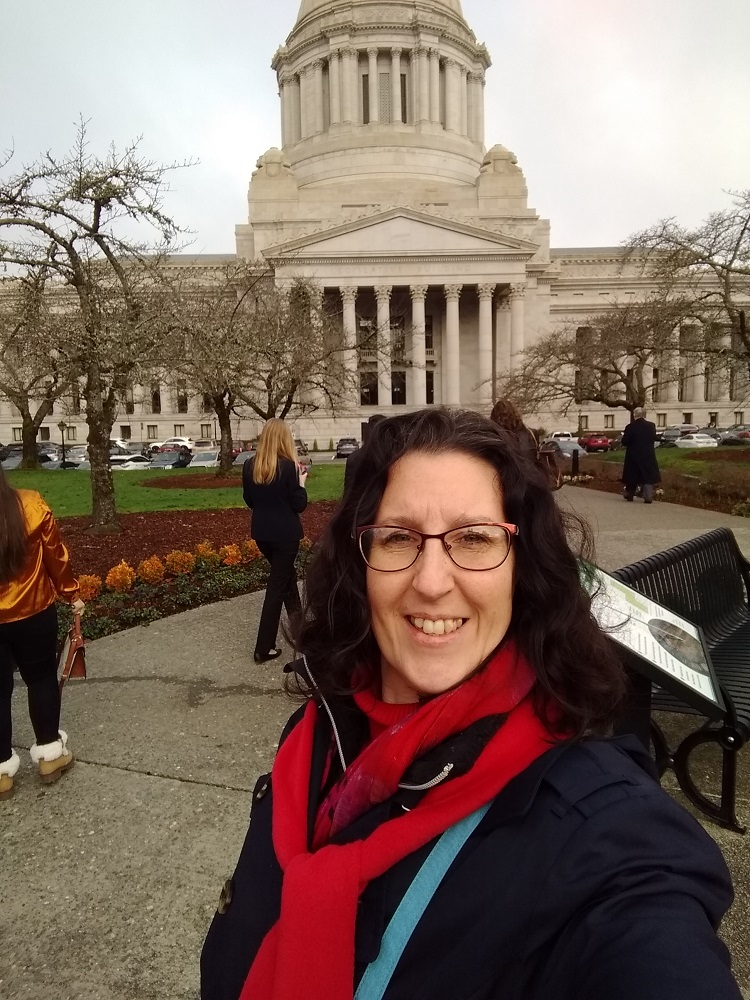
America has the wealth and the means to have a housing system that works for all of us. The President and Congress also have an opportunity in this upcoming infrastructure bill to make a down payment for a housing system that works for all.
There is a fierce urgency now for people to be housed in safe, affordable and decent homes. For the millions of Americans from every walk of life, it is clear that housing is an essential human right. We all need to live and thrive in communities that offer resources, sustainable jobs and safe havens when crises like a pandemic or climate fueled weather emergencies hit. Let’s not wait for another disaster to hit. It is time for all of us to make our voices heard. We need a New Deal for Housing Justice.
Brook Fadley is a resident leader with Resident Action Project (RAP) in Washington state. Brook lives with her two children in Vancouver, Washington.
This column is made possible through a partnership with Community Change and the International Network of Street Papers North America.






